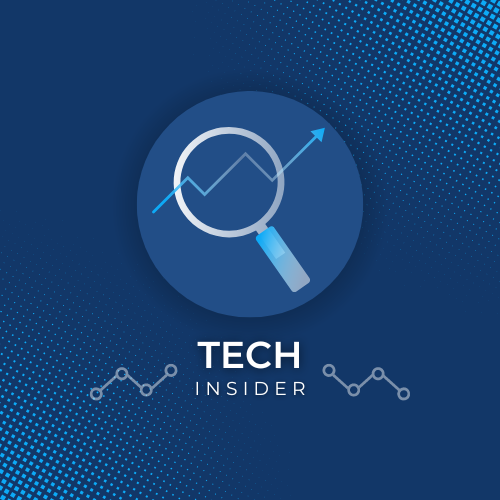Elegant Syntax and MVC Architecture:
Laravel follows the Model-View-Controller (MVC) architectural pattern, providing developers with a structured and organized approach to building web applications. Its elegant syntax and expressive codebase facilitate rapid development, making it ideal for projects of all sizes and complexities.
Modular Packaging System:
Laravel's modular packaging system, powered by Composer, simplifies the integration of third-party libraries and components into web applications. Developers can leverage a wide range of pre-built modules and packages to add functionality seamlessly, reducing development time and effort.
Built-in Authentication and Authorization:
Laravel comes with built-in authentication and authorization mechanisms, making it easy to implement user authentication, access control, and permission management in web applications. Developers can quickly scaffold authentication features using Laravel's intuitive command-line interface (CLI), saving valuable development time.
ORM: Eloquent ORM:
Laravel's Eloquent ORM (Object-Relational Mapping) simplifies database interactions by providing a fluent, expressive syntax for working with database tables and relationships. Developers can perform common database operations, such as querying, inserting, updating, and deleting records, with minimal boilerplate code, enhancing productivity and code maintainability.
Blade Templating Engine:
Laravel's Blade templating engine offers a simple yet powerful way to create reusable and modular views in web applications. With features like template inheritance, control structures, and data binding, Blade streamlines the process of building dynamic and responsive user interfaces, enhancing the overall user experience.
Artisan CLI:
Laravel's command-line interface (CLI), known as Artisan, automates repetitive tasks and streamlines the development workflow. Developers can use Artisan commands to generate code scaffolds, run migrations, seed databases, and perform various other tasks, boosting productivity and reducing human error.
Testing and Debugging Tools:
Laravel provides robust testing and debugging tools, including PHPUnit for unit testing and Laravel Dusk for browser automation testing. Developers can write and execute automated tests to ensure code quality, identify bugs, and maintain the integrity of web applications throughout the development lifecycle.
Community Support and Documentation:
Laravel boasts a vibrant and active community of developers, enthusiasts, and contributors who regularly share knowledge, collaborate on projects, and provide support through forums, tutorials, and documentation. The comprehensive documentation and wealth of resources available make it easy for developers to learn, troubleshoot, and master Laravel development.
Security Features:
Laravel prioritizes security and includes various built-in features to protect web applications from common security threats, such as SQL injection, cross-site scripting (XSS), and cross-site request forgery (CSRF). Features like route middleware, CSRF protection, and encryption help developers safeguard sensitive data and prevent unauthorized access.
Scalability and Performance:
With its robust architecture, caching mechanisms, and optimization techniques, Laravel enables developers to build highly scalable and performant web applications. From small-scale projects to enterprise-grade solutions, Laravel provides the flexibility and scalability needed to handle growing user bases and increasing workloads.




.jpeg)

0 Comments